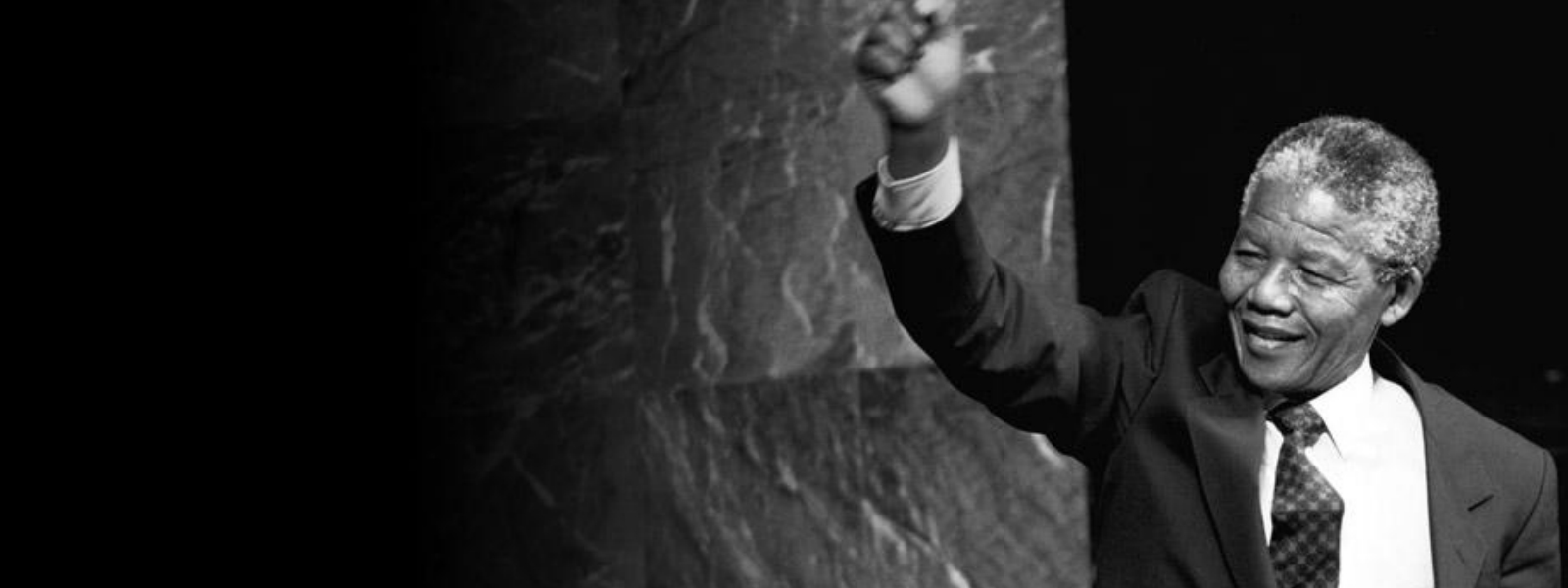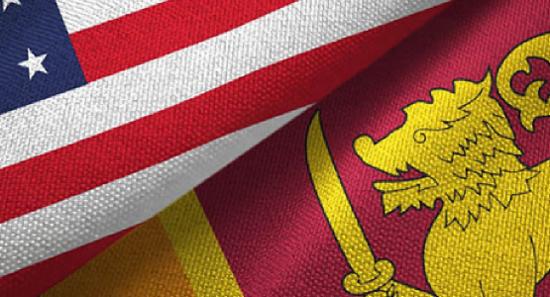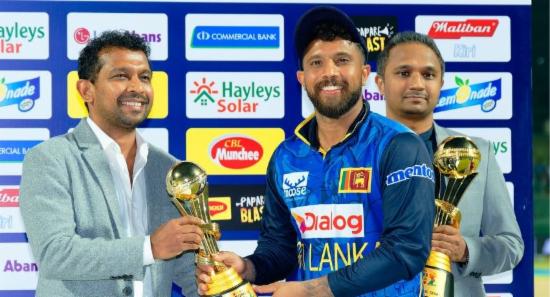.webp)

South Africa commemorate 100th anniversary of Mandela's birth
REUTERS - Wednesday (July 18) would have been a former president and anti-apartheid hero Nelson Mandela's 100th birthday, and to mark the anniversary a set of limited edition bank notes and gold coins was launched in South Africa's capital of Pretoria.
Mandela, South Africa's first black president, is known throughout the world as an icon of peace and reconciliation who came to embody the struggle for justice and liberation. A towering statesman, he emerged from nearly three decades of imprisonment to guide his country from the shackles of apartheid to the formation of a multi-racial democracy.
The killing of 69 blacks, including women and children, by security forces during a protest against apartheid laws in Sharpeville in 1960 became a watershed. The massacre led to the African National Congress (ANC) abandoning its policy of non-violence and Mandela was among the first to advocate armed resistance, going underground in 1961 to form the ANC's armed wing, Umkhonto we Sizwe (The Spear of the Nation).
During the next two years, the ANC blew up public buildings and power lines, cut telephone links and committed widespread arson. Mandela left South Africa and traveled the continent and Europe, studying guerrilla warfare and building support for the ANC. After his return in 1962, he was captured and sentenced to five years for incitement and illegally leaving the country.
While serving this sentence Mandela was charged along with other anti-apartheid leaders in the 1963 Rivonia treason trial. In June 1964 he was given a life sentence with hard labor.
While Mandela and his comrades languished in prison, the ANC, though banned, did not go away. Thousands died but the more the government cracked down, the more young blacks flocked to its ranks. Although not the most effective guerrilla organization, the ANC gained support within and outside South Africa and boycotts of black schools and white businesses proved as effective as the bomb.
In 1988 an estimated 400 million people watched a tribute concert given by superstars of the rock and pop world to mark Mandela's 70th birthday. He became the world's most celebrated political prisoner despite the fact that few people knew what he really looked like.
After nearly three decades in jail, Mandela walked from Victor Verster prison a free man on February 11, 1990, having refused to bargain for his release. Mandela wrote of that day: "As I finally walked through those gates... I felt even at the age of 71 that my life was beginning anew. My 10,000 days of imprisonment were at last over."
Two days after his release, he returned home to a tumultuous welcome from the people of Soweto where more than 120,000 people packed a stadium for the biggest political rally in South African history.
Less than three months later, Mandela led an unbanned ANC delegation in the first face-to-face talks with South African President F.W. De Klerk and government officials. Mandela's election as ANC president in July 1991, replacing the ailing Oliver Tambo, gave him greater authority to negotiate with the white-led government.
Mandela faced possibly his most painful trial when his second wife Winnie was convicted of kidnapping four youths and of being an accessory to assault. In April 1992 he announced their separation citing "personal reasons". Details of a cold relationship and Winnie's affairs with younger men emerged in a public divorce hearing in 1996.
Mandela and De Klerk were jointly awarded the 1993 Nobel Peace Prize in recognition of their efforts to end white domination and pave the way for transforming South Africa into a multi-racial democracy. Although he accused De Klerk's government of not doing enough to stop political and racial violence, Mandela agreed to accept the joint prize as a gesture of reconciliation.
In April 1994 an estimated 23 million people cast their votes during four days of voting in an election hampered by logistical problems but relatively free of violence. The ANC won 62.25% of the vote and control of eight of the nine regional assemblies.
On May 10th, 1994 Mandela was formally inaugurated as South Africa's first black head of state before a world audience. A Mandela presidency, something millions of black South Africans had only dared dream about, had become a reality.
Mandela played a key role on the world stage and the world lined up to be seen with him. From U.S. President Bill Clinton to the Dalai Lama, world leaders extolled his humanity, dignity and ready smile.
On his 80th birthday, in July 1998, Mandela married his third wife Graca Machel, widow of former Mozambican president, Samora Machel.
In June 2013 Mandela was hospitalised with a recurring lung infection and remained in hospital in Pretoria for almost three months before he was discharged to his home in Johannesburg where he died, on December 5, 2013, at the age of 95.
A memorial ceremony at the Soccer City Stadium in Johannesburg - scene of the 2010 World Cup final - was the centrepiece of official events. Over 90 world leaders and scores of celebrities joined tens of thousands of South Africans to create an atmosphere of joy and celebration in the rain-soaked stadium.
Other Articles
Featured News





.png )

-797731_550x300.jpg)








-797273_550x300.jpg)



















.gif)